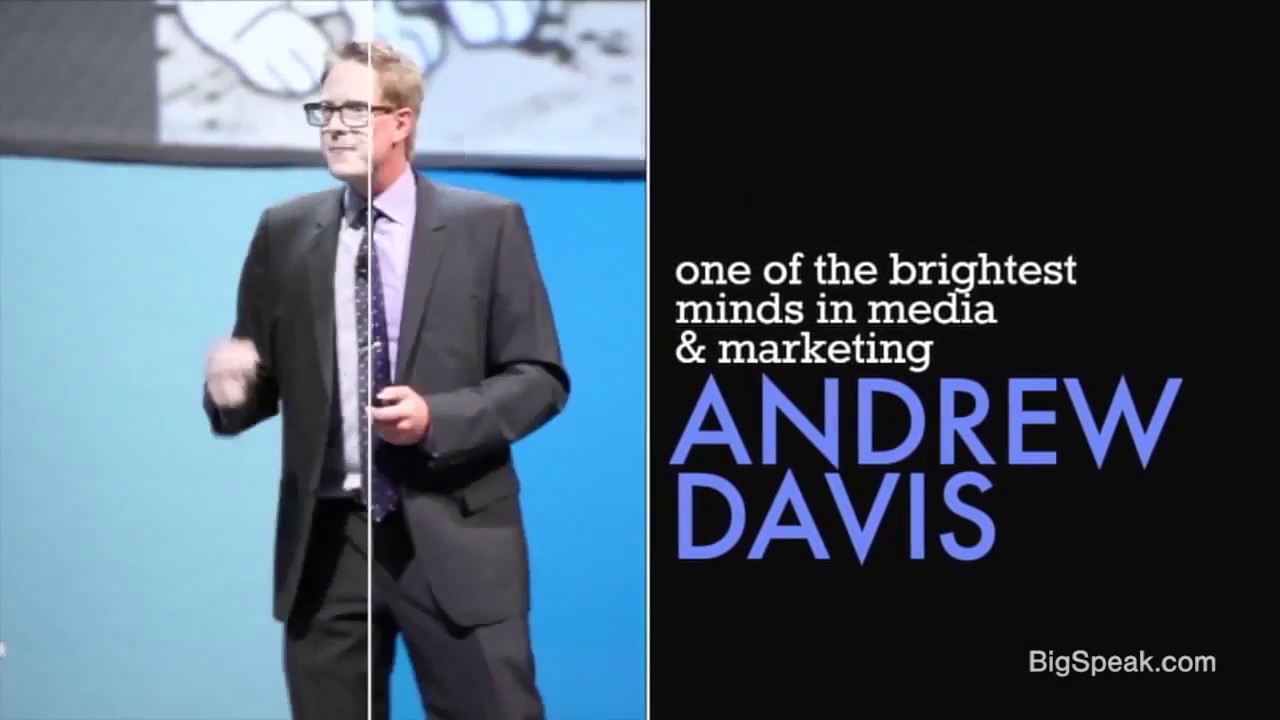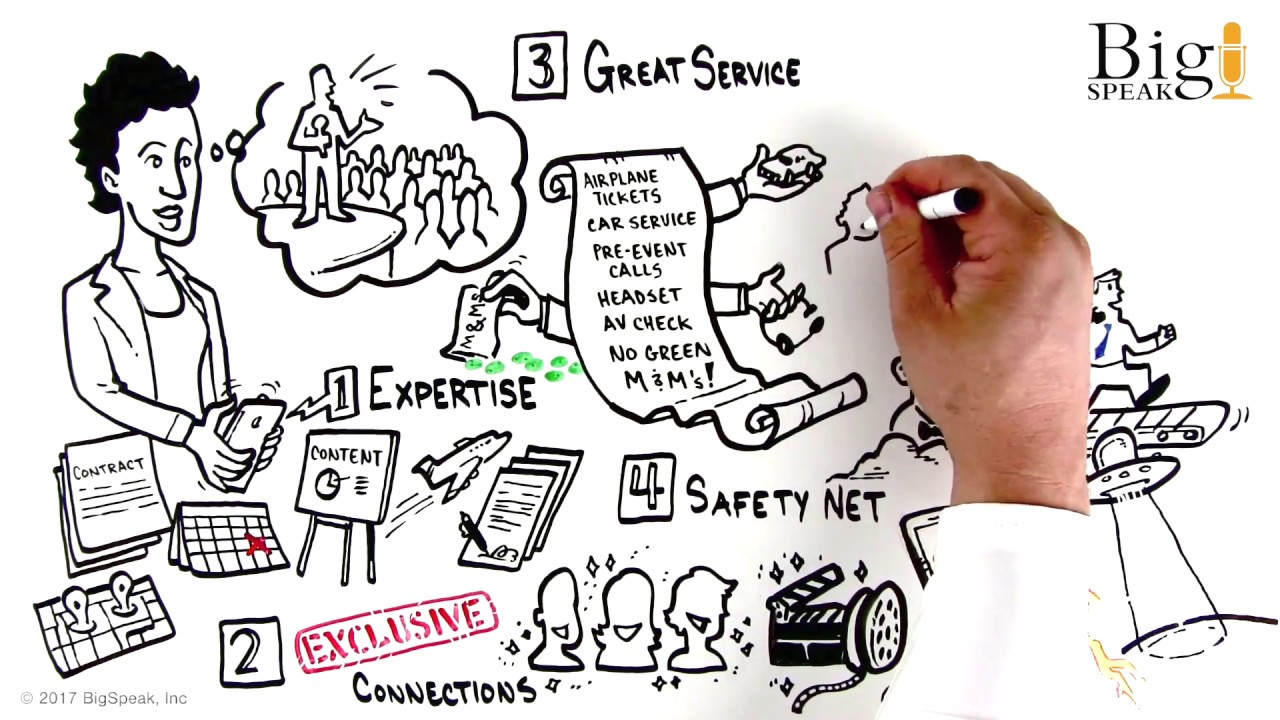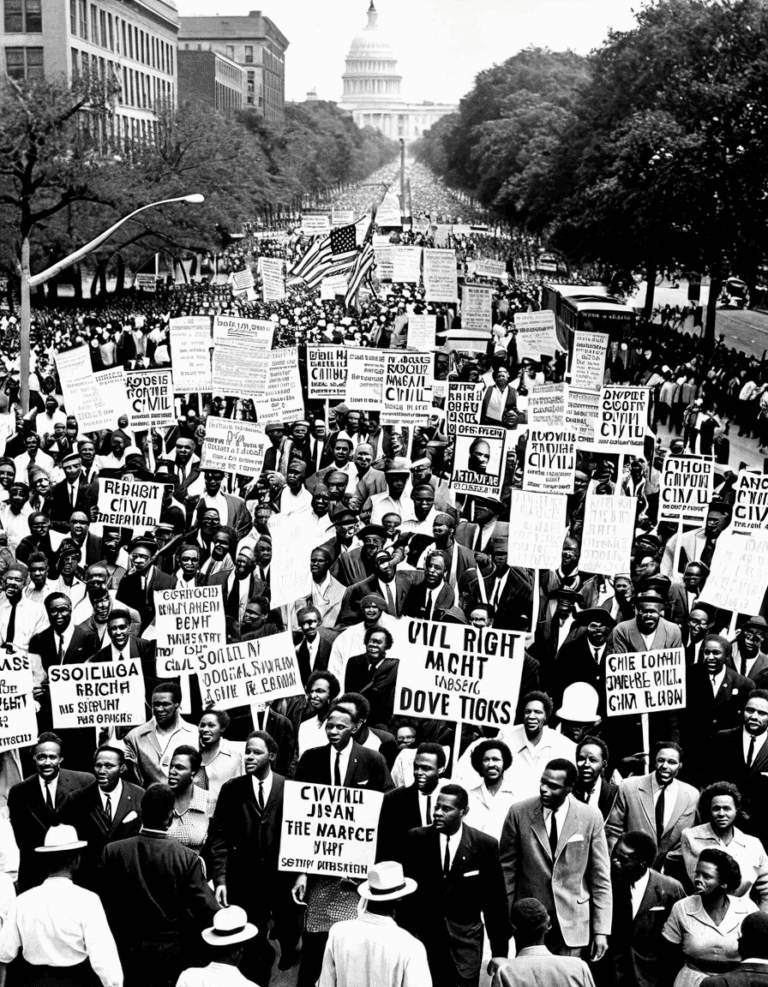Understanding Keynote Speaker Representation in 2024
In an era where public speaking can make or break personal and professional brands, understanding the intricacies of keynote speaker representation has never been more crucial. Keynote speaker representation in 2024 involves strategic planning, relationship management, and navigating a dynamic marketplace filled with diverse talent and evolving audience expectations. This comprehensive guide aims to illuminate the essential aspects of keynote speaker representation, providing valuable insights for potential speakers and event organizers alike.
![5 FAST ways to get PAID Speaking Gigs [fill your calendar]](https://www.tcaa.co/wp-content/cache/flying-press/b1808d2082921e7984046469f4b077df.jpg)
The Importance of Keynote Speaker Representation
Keynote speakers hold the unique ability to set the tone for events, communicate crucial messages, and captivate audiences with compelling narratives. With platforms like TED Talks and global conferences gaining immense popularity, the demand for seasoned speakers has surged. Proper representation ensures that speakers connect with the right events, bringing their expertise to the forefront while fitting seamlessly with the event goals. Keynote speaker representation not only elevates a speaker’s career but also aligns their brand with pertinent industry events.
Consider the power of keynote speaker representation. Imagine Anderson Cooper or Amy Schumer starting off an event with a speech that electrifies the room. That’s the magic of ensuring your speaker is tailor-fitted for the event. Proper representation amplifies voices, positioning speakers where they’ll resonate the most.

| Aspect | Details |
| Representation Types | 1. Speakers Bureau 2. Talent Management Firm 3. Self-Representation |
| Role of a Keynote Speaker | – Open event with a speech that encapsulates the core message and theme – Inspire and motivate attendees |
| Selection Process | – Research potential speakers – Make contact and conduct interviews – Ensure fit for the organization |
| Application to Speakers Bureau | – Submit bio, headshot, speaking topics, and fees – Undergo interview process |
| Keynote Speech Elements | – Clear message – Captivating delivery – Relatable stories – Strong connection to audience’s needs and interests |
| Speaking Fees | – Free for exposure (beginning speakers) – $250-$1000 (average speakers) – $5,000-$50,000 (professional speakers) |
| Fee Influencers | – Speaker’s experience – Name recognition – Popularity of topic – Geographical location |
| Impact of a Keynote Speaker | – Establish basic tone and tenor of the event – Ensure message resonates throughout the conference |
Top Agencies Leading Keynote Speaker Representation
Several agencies are renowned for their expertise in managing keynote speakers, providing unmatched representation services:
These agencies are the linchpins that connect speakers to events, ensuring a perfect match that benefits both the speaker and the audience.

Best Practices for Effective Keynote Speaker Representation
Effective keynote speaker representation transcends merely booking gigs. Here are best practices:
These practices ensure that keynote speakers not only secure engagements but also leave lasting impressions.

Leveraging Technology for Keynote Speaker Representation
In 2024, technology plays a pivotal role in the representation process:
Technology is not just an add-on; it’s an integral component of modern keynote speaker representation.

Challenges in Keynote Speaker Representation and How to Overcome Them
Despite its potential, the landscape of keynote speaker representation comes with its own set of challenges:
Through these strategies, one can navigate the challenges and maintain effective keynote speaker representation.
Conclusion: Navigating the Future of Keynote Speaker Representation
As we progress through 2024, the landscape of keynote speaker representation will continue to evolve. Integrating technological advancements, embracing innovative strategies, and understanding the nuanced dynamics of personal branding will be critical for success. For speakers and agencies alike, it’s about forging meaningful connections, staying ahead of trends, and consistently delivering value to audiences worldwide. Whether stepping onto a TED stage or addressing a virtual conference, the right representation can amplify voices and leave lasting impressions.
In essence, the future belongs to those who can blend traditional expertise with cutting-edge technology and emotional intelligence. By mastering these elements, executive keynote Speakers can transcend the ordinary and inspire change in their audiences. Let’s embrace this journey together, unlocking potential and creating memorable moments in the world of public speaking.
Keynote Speaker Representation
Landing a top-notch keynote speaker for an event can move mountains. But did you know that marketers rally behind the scenes to shine a light on these speakers? Keynote speaker marketing is all about capturing attention and making sure the speaker’s message resonates. This critical task involves plenty of fine-tuning, from sharpening promotional materials to crafting compelling speaker bios.
Lesser-Known Facts about Speaker Representation
One lesser-known aspect of the process is the role public speaking Mentorship plays in a speaker’s journey. Mentorship can fine-tune a speaker’s skills, boost their confidence, and help them tackle unique challenges, ensuring they always stay on top of their game. Plus, with a mentor’s guidance, speakers can learn to engage audiences better and deliver flawless presentations.
Ever wondered about the arduous scheduling process behind securing a top keynote speaker? It often feels as relentless as preparing for a high-stakes sports match. Just like fans eagerly await Bayern Munich Vs Leverkusen Lineups, event organizers and attendees can find themselves on the edge of their seats waiting for the announcement of the keynote speaker lineup.
Fun Trivia Connections
While we’re talking about the intricacies of speaker representation, did you know that some speakers use their personal quirks to maintain a connection with their audience? Imagine a keynote speaker who segues into an inspiring tale, much like Edward Mordrake bizarre yet fascinating story. Such anecdotes can captivate an audience and make the message more memorable.
Speakers, like great brands, need to keep things fresh. It’s crucial for them to relate to their audience at all levels. Take, for instance, the diverse black And mild Flavors in the world of cigars, showcasing how different styles appeal to varied tastes. Similarly, keynote speakers tailor their approach to meet the diverse expectations of their audience.
Speaking of adapting, did you know that some successful keynote speakers garner a following as passionate as the O2 Fanbase? Their ability to connect and engage consistently ensures they maintain loyal support, much like die-hard sports fans. And just like the anticipated reveal of the Yankees record 2024, a keynote speaker’s impact on their audience can be both exciting and unpredictable, keeping everyone guessing and engaged right till the end.
Navigating the landscape of keynote speaker representation might seem like a game of chess, but with the right strategies and fun facts in hand, it’s an engaging journey worth every effort.

What qualifies as a keynote speaker?
A keynote speaker is the main attraction at an event, addressing the core themes and topics in a compelling manner. They are typically distinguished and experienced in their field, bringing a sense of authority and excitement to the gathering.
How are keynote speakers chosen?
Choosing a keynote speaker involves researching potential candidates, reaching out to them, and conducting interviews to make sure they fit the event’s goals and the organization’s needs. It’s like finding the perfect puzzle piece to set the right tone for your event.
How to get represented by a speaker’s bureau?
To get represented by a speaker’s bureau, you’ll need to submit an application with your bio, headshot, speaking topics, and fees. After that, you might be interviewed by a representative to see if you’re a good fit for their roster.
Does a keynote speaker get paid?
Yes, a keynote speaker generally gets paid, but the amount can vary widely. Some might speak for free to gain exposure, while fees for seasoned professionals can range from a few hundred to tens of thousands of dollars.
What is the difference between a guest speaker and a keynote speaker?
A guest speaker can be any participant in a conference or event, while a keynote speaker is the headline act, the main figure who sets the tone and theme for the entire event.
How do I identify a keynote speaker?
A keynote speaker is usually identified through recommendations, online research, or consulting with a speakers bureau. They should have a strong presence in their field and align with the event’s primary message and goals.
How to pick a keynote speaker?
Picking a keynote speaker involves assessing the audience’s needs, event themes, and potential speakers’ backgrounds. You’ll want someone who not only fits the bill but can also engage and inspire your attendees.
Who should be a keynote speaker?
Anyone who is a thought leader, has a compelling story or message, and can engage and inspire an audience can be a keynote speaker. It’s about having the right mix of expertise and charisma.
How do people become keynote speakers?
People become keynote speakers by building expertise in their field, gaining public speaking experience, and often starting with smaller speaking engagements. Over time, a solid reputation and portfolio of successful talks can lead to keynote opportunities.
What percentage does a speaker’s bureau take?
A speakers bureau typically takes a percentage of the speaker’s fee, usually ranging from 20% to 30%. This covers their services in managing bookings and other logistics.
Do I need an agent as a speaker?
Having an agent as a speaker isn’t a must, but it can be beneficial. An agent can help manage bookings, negotiate fees, and provide broader exposure to speaking opportunities.
How do I get booked as a speaker?
Getting booked as a speaker involves marketing yourself effectively, building a strong portfolio of past talks, and networking with event organizers and industry contacts. Joining a speakers bureau can also help.
How much does it cost to hire a keynote speaker?
Hiring a keynote speaker can cost anywhere from zero to millions of dollars. Fees generally depend on the speaker’s experience, name recognition, and popularity of their topic, with most professional speakers charging between $5,000 to $50,000.
What is a typical speaker fee?
Speaker fees can vary significantly. Beginners might speak for free or for a small fee ranging from $250 to $1,000, while top-tier speakers could charge tens of thousands of dollars per engagement.
How long does a keynote speech last?
A typical keynote speech lasts between 45 minutes to an hour. This length allows the speaker to cover key points thoroughly while keeping the audience engaged.
Who should be a keynote speaker?
Anyone who has something valuable to say and the ability to say it in an engaging way can be a keynote speaker. Key qualities include expertise, storytelling ability, and the power to inspire and connect with an audience.
What is the difference between keynote speaker and main speaker?
A keynote speaker is often the main speaker and sets the tone for the event, while a main speaker might not necessarily fill this role. The keynote’s job is to encapsulate the event’s main message and inspire the audience.
What is the difference between keynote speaker and public speaker?
A keynote speaker gives a speech that sets the theme for an event, while a public speaker can address any topic in various contexts. A keynote is usually a highlight of the event, while public speaking can happen in many scenarios.
How can I be a keynote speaker?
To become a keynote speaker, focus on building expertise and a strong personal brand in your field. Gain experience through smaller speaking engagements, develop a compelling message, and network with industry professionals to get noticed.

















